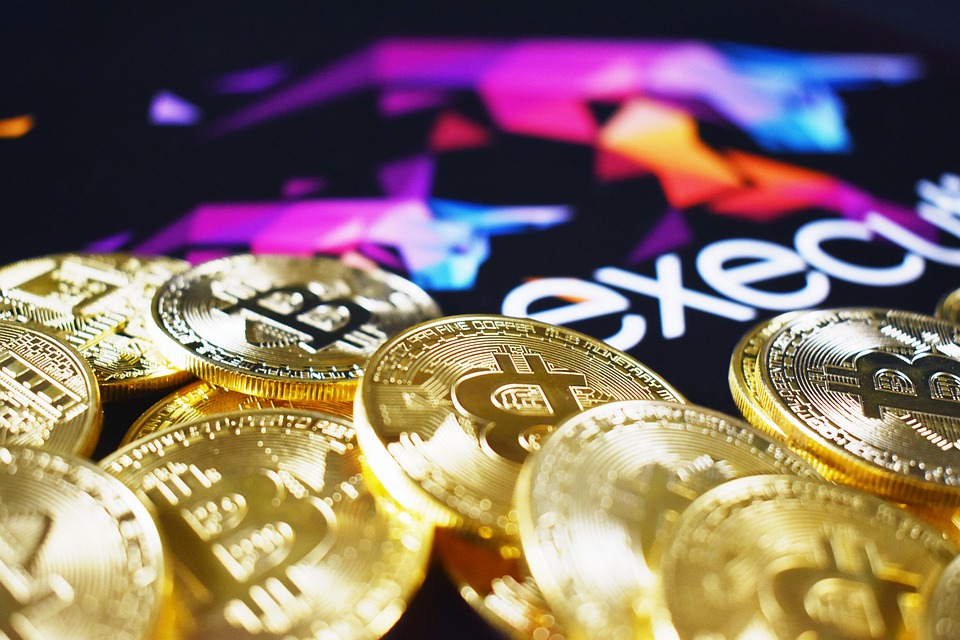NEW YORK - Despite the efforts of time, technology, and progress to finally do away with them, the Yellow Pages may be making a comeback, albeit in a very different – and complicated – form; a digital one that could connect participating companies in a truly revolutionary way utilizing an emerging technology initially created to govern the use of so-called cryptocurrency that has now expanded to become much more.

A project known as the “Unbounded Registry,” which boasts the involvement of several high-profile companies including IBM, has been working on a platform that could be best described as a “catalog” comprised of “blockchains” and blockchain-based businesses.
Blockchain was invented by a person – or possibly a group of people – under the name “Satoshi Nakamoto” in 2008 to serve as the public transaction ledger of the cryptocurrency known as bitcoin. However, in recent years, blockchain use has expanded to other areas of business.
This may sound complicated, but essentially a blockchain is a growing list of records – called “blocks” – which are linked using cryptography; this is the practice and study of techniques for secure communication in the presence of third parties. Each “block” contains a cryptographic hash of the previous block, a timestamp, and transaction data. By design, a blockchain is resistant to modification of the data, and for use as a distributed ledger, a blockchain is typically managed by a peer-to-peer network collectively adhering to a protocol that handles communication and validating new blocks. Once recorded, the data in any given block cannot be altered retroactively without alteration of all subsequent blocks, which requires consensus of the network majority.
While this may not sound like an effective means to construct a business directory in an environment that would require some degree of flexibility, the project has stated that the way they're constructing their catalog would allow users to interact and transact in a way that would allow them to grow and change as needed. The project is said to interoperate with all of today's popular distributed ledger technologies, with the project being characterized as the “Yellow Pages of the Blockchain.”
Unlike typical Yellow Page directories, this particular project will require members to apply to join the registry due to the heavy permissions involved; non-members will not have access due the sensitive information being brandied about between users. For companies and organizations that are members, however, the advantages when to comes to communicating and conducting business are said to be numerous.
It is currently not known the specific criteria required for becoming part of the catalog, the specific types of blockchains that will be allowed, or how a given blockchain can incorporate itself into the catalog, but if this is to be a comprehensive project it would obviously make sense that it would allow as many blockchains – and companies, of course – as possible to join.
The blockchain catalog, if it comes to fruition, would centrally allow all participants to interact and collaborate digitally, establishing a shared, immutable record of all transactions, addresses, contact information, and more, all in real-time. Records can be easily digitized and exchanged and will be backed by a secure system with strict import and export clearance. Think of it as a “Super Yellow Pages” that would allow participating companies to not only identify purveyors of goods and services that they need, but also allow participants to share information as goods move through supply chains. And as this will all be done within a digital context, the process will go a long way towards reducing the cost of paperwork as well, which many companies note is one of the costliest aspects of conducting business in many ways.
The only drawback that may prevent some companies from wanting to get involved in this endeavor is the fact that all participants would have to share their data on common platforms. This transparency, while very advantageous and desirable in many ways, could also drive off entities and organizations who wish to keep the details of certain transactions under wraps; a very understandable concern in today’s cutthroat business world.
Time will only tell if this intriguing – and complicated – blockchain version of the Yellow Pages will bear fruit, or fade away into obscurity if it is not refined and adopted by the business community as a whole.


